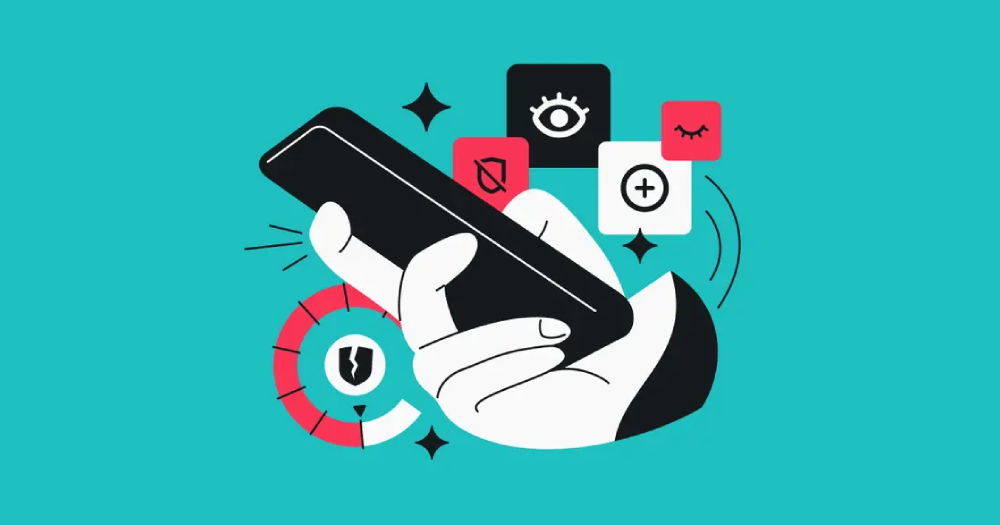Research: Among health & fitness apps, Strava collects the most data, while Flo shares the most with third parties

In a revealing study of 100 popular apps, Surfshark's Research Hub uncovers a concerning trend in data privacy. The research highlights health & fitness apps, particularly Strava and Fitbit, collect significant amounts of user data. However, Flo sharing a third of the collected data with third parties is even more concerning.
Out of the 10 analyzed health and fitness apps, only Fitbit did not track any of the data points across platforms, despite collecting the most. Research is aided by a free App privacy checker tool where users can select the specific apps they have on their phone and receive a report on the extent of data collection.
Highlights
Around half of the 100 analyzed apps collect your search history and precise location. Here are other highlights:
- Strava and Fitbit collect the most data points in their category (21 each), while Flo leads in tracking user data, sharing 5 out of 15 collected data points, such as coarse location and product interaction, with third parties.
- Calm and Better Me are next when it comes to user tracking, which each tracks 4 data points across third-party platforms.
- The least data-hungry among health & fitness apps is Noom, which collects 8 data points. However, it tracks user's emails or text messages.
- On average, health and fitness apps collect 14 out of 32 possible data points, with 93% linked to the user's identity. Moreover, these apps link 93% of collected data points to the user's identity. Also, 9 out of 10 such apps tend to use collected data points to track users across third-party platforms.
- Out of the 10 analyzed health and finance apps, only Fitbit did not track any of the data points across platforms despite collecting the most (21).
- Facebook and Instagram top the list of 100 popular apps based on privacy-invasiveness, collecting all 32 data points defined by Apple.
In conclusion, Surfshark recommends checking the developer's reputation and data retention policies before downloading apps.
On the record
"Analyzing 100 popular apps on the App Store, we've found a concerning trend: nearly 20% of collected data is used for tracking. Such tracked data can be shared with third-party advertisers or data brokers, who use it to deliver personalized ads targeting the users, or aid companies in market research," said Agneska Sablovskaja, Lead Researcher at Surfshark. "Understanding an app's privacy policy is crucial for safeguarding digital autonomy."
Methodology
Surfshark's team analyzed a total of 100 apps across 10 app categories. The apps for each category were selected from articles that appeared at the top of search engine result pages for "the most popular appCategoryX apps" keyword. The App Store lists 32 unique data points that can be collected across 12 unique data point categories.
Surfshark analyzed the data set according to the three layers of collected data points: unique data points collected, the number of data that's linked to the user, and data that's used to track the user. For the complete research material behind this study, visit this page.
💡Did you know?
You can take your DHArab experience to the next level with our Premium Membership.👉 Click here to learn more
🛠️Featured tool
 Easy-Peasy
Easy-Peasy
An all-in-one AI tool offering the ability to build no-code AI Bots, create articles & social media posts, convert text into natural speech in 40+ languages, create and edit images, generate videos, and more.
👉 Click here to learn more


